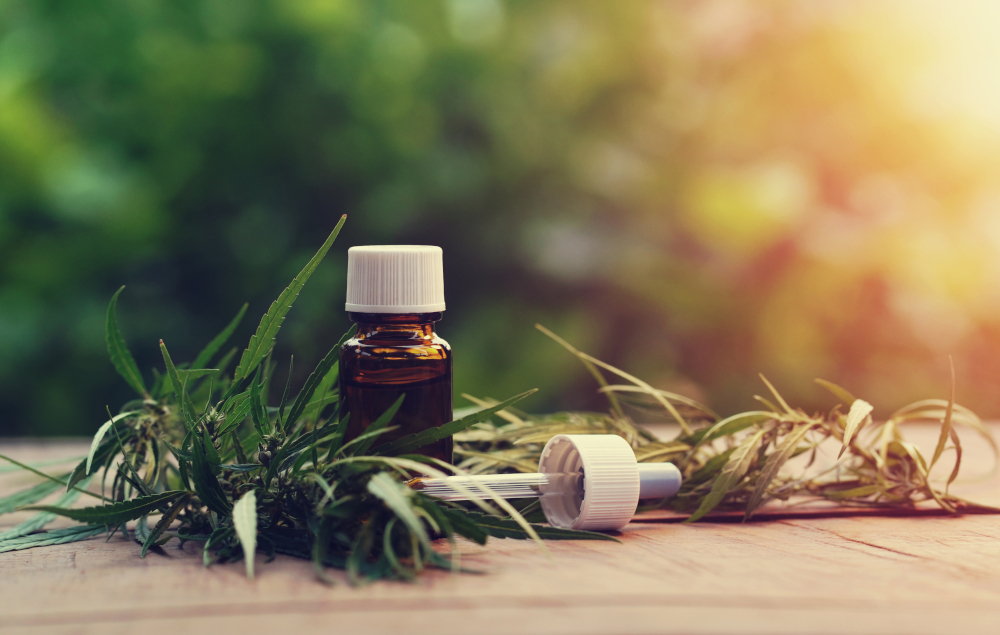A U.S. hemp stakeholder group has again criticized the government’s Food & Drug Administration (FDA) for drawing conclusions based on outdated research it says exaggerates the potential dangers of CBD.
In a letter sent yesterday to Senate and House committees, the U.S. Hemp Roundtable (USHR) blasted the agency for depending on studies based on highly concentrated pharmaceutical-grade CBD formulations, while ignoring more recent research since 2020 that shows low-dose over-the-counter extracts are safe.
Consumers would never be exposed to the amounts of CBD mentioned in the studies FDA references, USHR said, noting “Even essential nutrients like Vitamin D can be both beneficial and toxic depending on the dose.”
‘Distracted’
“As Congress develops plans to ensure the regulation of hemp extracts such as CBD, it should focus its attention on how these products are typically used, and not be distracted by studies that imagine their gross over-consumption which is not a realistic concern,” USHR General Counsel Jonathan Miller wrote in the letter, which was sent to the Senate Committee on Health, Education, Labor and Pensions, and the House Committee on Energy and Commerce.
“Combined with the low number of adverse events associated with CBD products and real-world, observational data that also points to the safety of CBD, the totality of the evidence paints a much different picture than what is presented by the FDA,” Miller wrote.
Current rules sufficient?
The criticism follows the FDA’s March release of a 40-page “Review of the oral toxicity of cannabidiol (CBD)” based on a compilation of existing clinical studies. The paper raised a number of concerns, especially regarding CBD’s potentially harmful effects on young children, pregnant women and fetuses, and the elderly. The authors concluded long-term consumption of CBD needs further research. The FDA repeated those observations in a webinar held last week.
FDA declared in January that it is unable to set rules for CBD until Congress acts to clearly legalize such products, after nearly five years during which stakeholders repeatedly called for the establishment of a regulatory framework following the legalization of hemp and its downstream derivatives as a result of the 2018 Farm Bill.
In this week’s letter, USHR repeated its long-held position that the existing regulatory framework for foods and supplements – which includes mandatory good manufacturing practices, dietary ingredient notification requirements, and obligatory serious adverse event reporting – is sufficient to ensure over-the-counter CBD products are safe.
Down the drug pathway?
Some close observers of the sector have theorized that the FDA may be about to wall off CBD as a prescription-only drug. That wouldn’t necessarily be surprising. First of all, because of the proliferation of low-quality products – fanned by bogus health claims – represents immediate health risks.
More ominously, because FDA has insisted that long-term research –two years or more – on over-the-counter CBD is still needed, there does not appear to be a fast way to ensure its safety. The agency has already approved one medical-grade CBD product, indicating drug designation as an obvious pathway – one which would essentially wipe out most operators now on the market.

